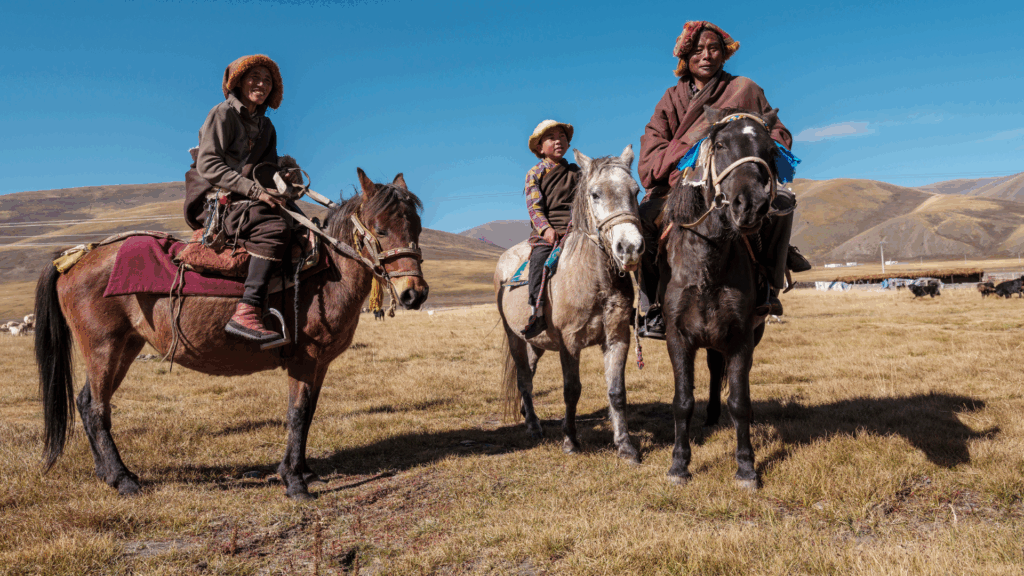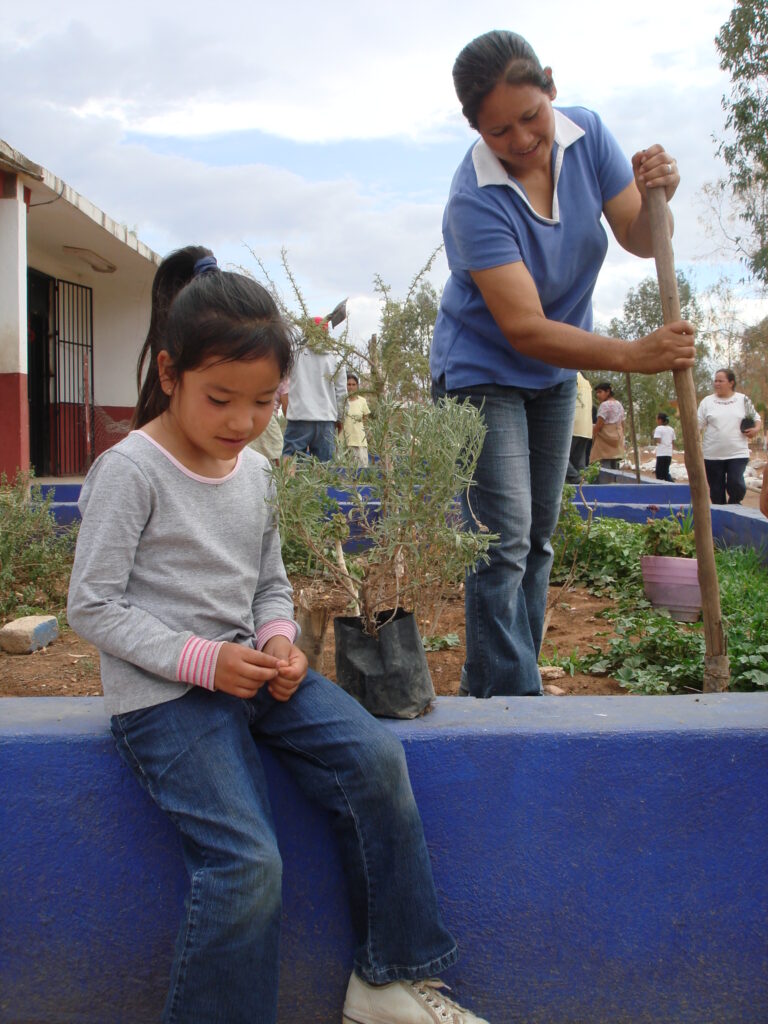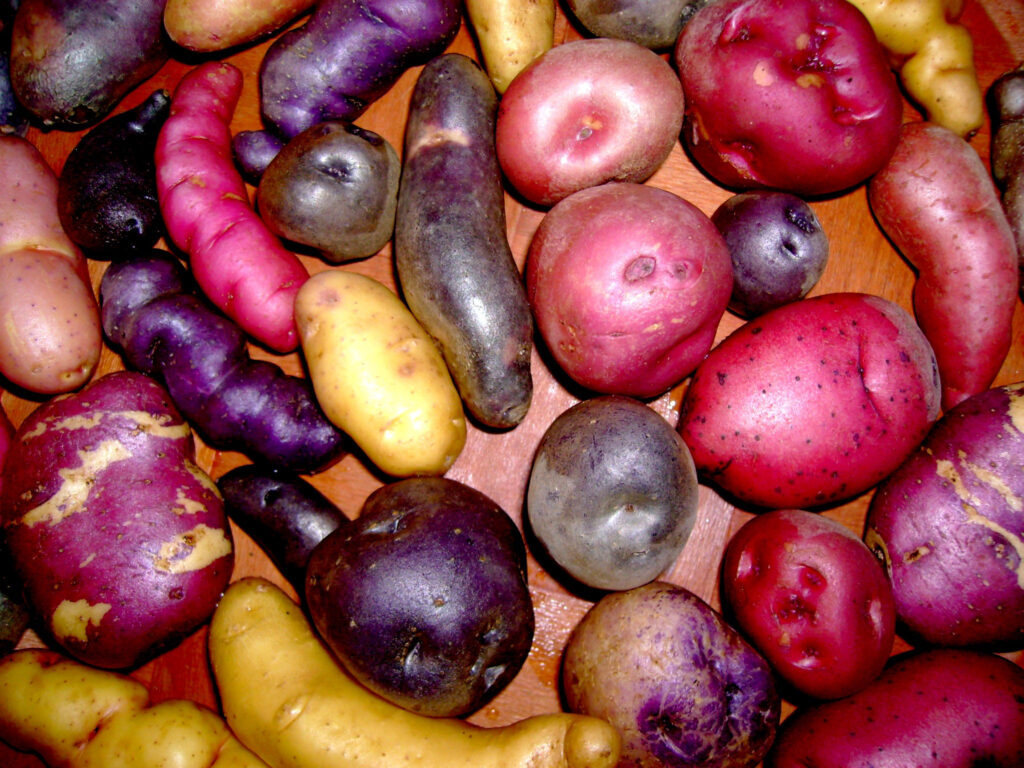Nomadic herders, who have carried the legacy of nomadic civilization for centuries, are now being empowered to adapt to climate change and overcome risks through a new initiative called the “New Cooperative Movement,” launched by the Government of Mongolia in 2024.
There were initial concerns that it would be difficult to integrate herders—who traditionally live and work independently, tending their livestock year-round—into cooperatives. However, within just one year, approximately 30% of all herders have established cooperatives. Mongolia has a total of 308,730 herders, of whom 91,456 have become cooperative members.
While this is a remarkable achievement, it also demonstrates that herders had both the desire and the need to cooperate economically. Professor and international relations scholar Dashdorj Bayarkhuu noted in an article published by the International Cooperative Alliance – Asia and Pacific: “Herders have the full potential to voluntarily and collaboratively form cooperatives and develop infrastructure in various forms. If they succeed, they could potentially earn all the income they need for autumn, winter, and spring during the three summer months.”
This growing need has been significantly supported by the economic incentives of the “New Cooperative Movement.” Since the initiative’s inception, 23,108 herders have received investment loans totaling 783.4 billion MNT. Speaker of Parliament D. Amarbaysgalan emphasized that these loans should be viewed not merely as credit, but as investments. These funds have had a direct positive impact, enabling herders to increase livestock productivity, purchase processing equipment, build shelters, and acquire breeding animals.
The New Cooperative Movement also has fostered collaboration among herders, expanding their economic and social interactions—an outcome widely welcomed by the Mongolian public. Ch. Lkhagvadorj, a herder from the 4th group of Orkhon soum in Bulgan province, stated, “The greatest benefit of the New Cooperative Movement is that herders are becoming united in spirit.”
The initiative also contributes to environmental protection, improved pasture management, and reduced greenhouse gas emissions.
Since the launch of the movement, 9,689 new cooperatives have been established across Mongolia. As these are all primary-level cooperatives, there is now a need to standardize operations and develop supply chains, potentially transitioning into secondary-level cooperatives.
The Government of Mongolia is now focusing on this next phase, initiating research and development for the “New Cooperative 2.0” program. This movement is backed by a dedicated law passed by Parliament and includes a plan to provide a total of 5 trillion MNT in low-interest loans through commercial banks by 2029.



